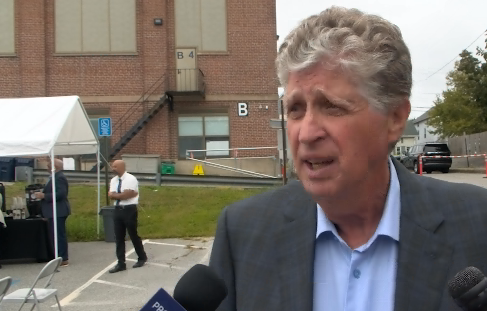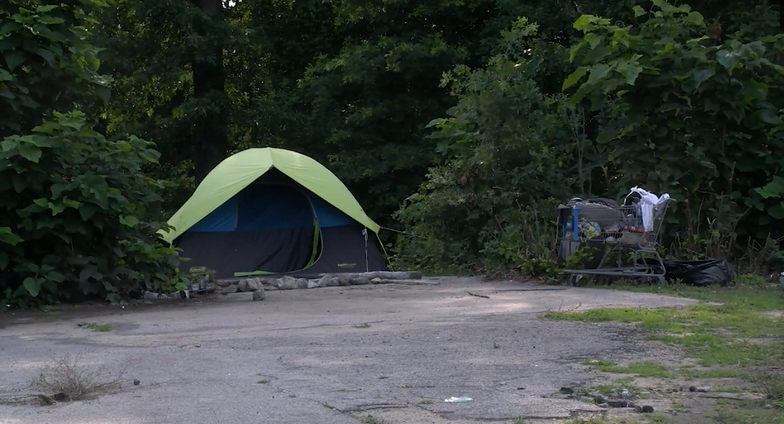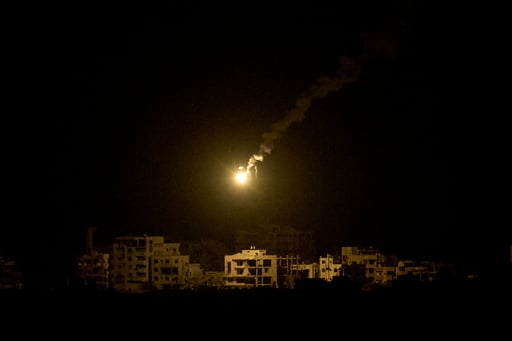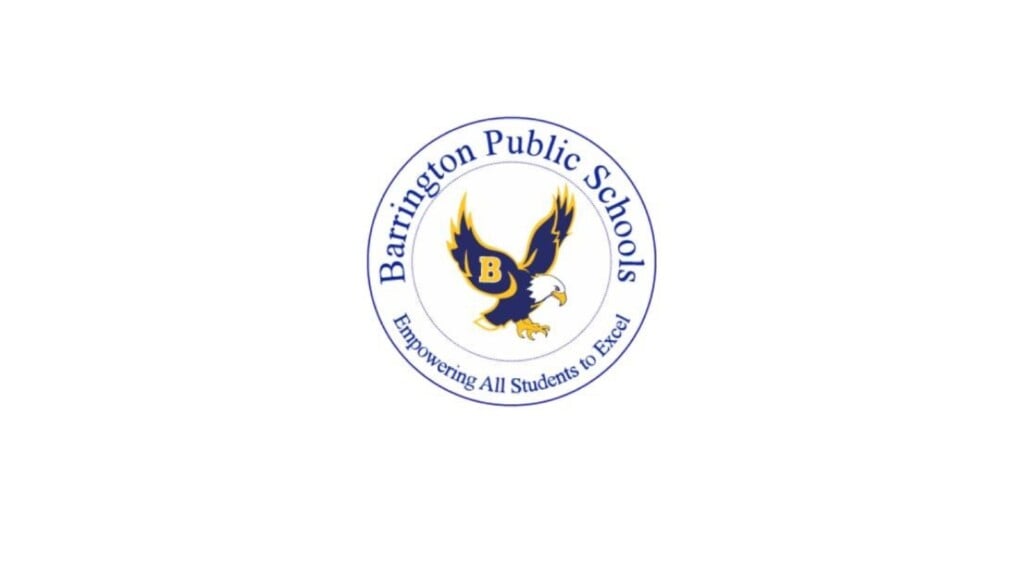NHL cancels games through Dec. 14, All-Star game

The Associated Press
NEW
YORK (AP) — The NHL has called off all games through Dec. 14, plus the
2013 NHL All-Star Weekend scheduled for Jan. 26-27 in Columbus, Ohio.
The league made the announcement Friday, the 69th day of the NHL's lockout of its players.
The new cancellations come as little surprise. The two sides had an
unproductive negotiating session on Wednesday that produced no movement
to break an impasse over splitting more than $3 billion in revenue and
also player contracts.
A total of 423 regular-season games, including the New Year's Day
Winter Classic have now been lost. That's more than 34 percent of the
season,
NHL Deputy Commissioner Bill Daly said losing the 2013 NHL All-Star Weekend in Columbus is ''extremely disappointing.''
''We feel badly for NHL fans and particularly those in Columbus, and
we intend to work closely with the Blue Jackets organization to return
the NHL All-Star events to Columbus and their fans as quickly as
possible,'' Daly said in a statement Friday.
The Columbus Blue jackets, the club hosting the All-Star game and the
skills competition, said fans with tickets to events on that weekend
could receive refunds.
Players' association executive director Donald Fehr said Wednesday
that the sides were closer financially than the NHL has claimed. The
further cancellations Friday will cause significantly greater losses for
the league.
''On Wednesday, the players presented a comprehensive proposal, once
again moving in the owners' direction in order to get the game back on
the ice,'' Fehr said in a new statement. ''The gap that remains on the
core economic issues is $182 million. On Wednesday, NHL Commissioner
Gary Bettman said that the league is losing $18-20 million per day
during the lockout, therefore two more weeks of cancelled games far
exceeds the current economic gap.
''It makes the NHL's announcement of further game cancellations,
including the 2013 All-Star Weekend, all the more unnecessary, and
disappointing for all hockey fans – especially those in Columbus. The
players remain ready to negotiate but we require a willing negotiating
partner.''
Daly said he spoke to union officials on Friday, advising them about
the cancellations, but at this point no face-to-face talks are
scheduled. The two sides had stayed apart for eight days before
reconvening on Monday night and then again on Wednesday when the union
presented a comprehensive proposal the NHL requested.
It didn't take long for the league to reject it.
The union made its offer that was based on a framework the NHL had
given, which included a 50-50 split of hockey-related revenue and a $393
million in deferred payments for the players, who earned 57 percent of
revenues in the collective bargaining agreement that expired in
September. The NHL offered only $211 million to the players in a
proposed deal that took into account that a full 82-game schedule would
be played this season.
The NHL on Oct. 16 offered a 50-50 split of hockey-related revenue,
down from the players' 57 percent portion of $3.3 billion last season.
With guaranteed contracts likely to push the players' share over the
halfway mark at the start of the next deal, management wants that money
to come out of future years to bring the overall percentage down to an
even split over the length of an agreement.
Players previously had proposed they receive a guaranteed amount of income each year.
Management wants a seven-year deal, which the union says is too long
because less than half the current players will be active by the last
season.
This is the league's third lockout since 1994. The first settled on
Jan. 11 and the last one led to Bettman announcing the cancellation of
the 2004-05 season on Feb. 15, 2005.



